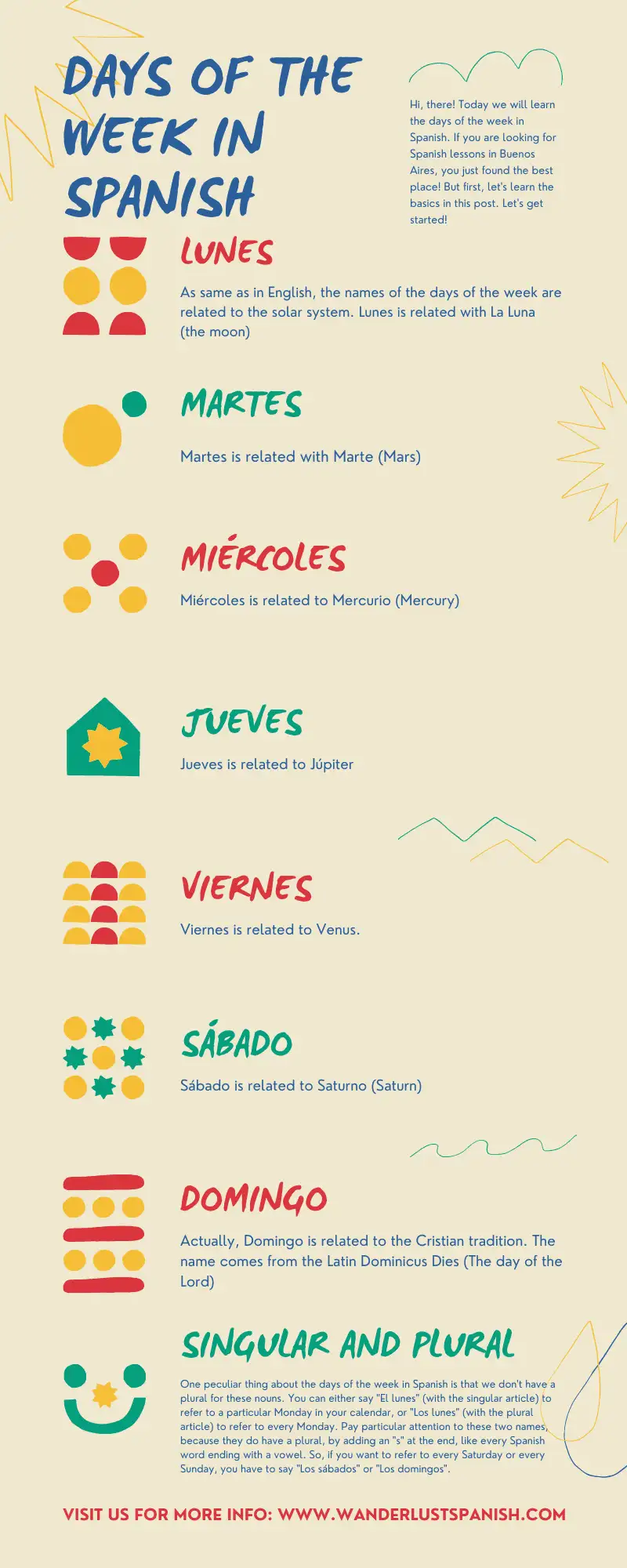Most guides about learning Spanish in Buenos Aires sound polished, curated, and honestly a bit sanitized. Tango, Malbec, empanadas.
But the people who actually learn Spanish here — not just study it — discover a very different city. One that doesn’t care about your comfort, your expectations, or your idea of what Latin America “should” be.
And that’s exactly why Buenos Aires works.
The city teaches you Spanish underground, in the in-between spaces, through chaos, humor, contradiction, and a very particular kind of honesty.
If you want to learn Spanish in Buenos Aires, this is the real version — the one you only discover once you actually live here.
🔥 1. Buenos Aires speaks fast because life moves fast
Contents
Argentines don’t slow down for you — and that’s good.
When you order a coffee, the barista might ask you three questions at once. When you get into a taxi, the driver talks like he’s delivering breaking news. When you ask someone for directions, they give you the route and the history of the neighborhood.
This is the “training camp” no classroom can replicate.
The city teaches you to:
- Keep up
- Listen between lines
- Understand tone, irony, sarcasm
- Decode slang based on context, not translation
Buenos Aires isn’t trying to test you. It’s just being itself — and that forces you to adapt.
🏙️ 2. Learning happens in the places tourists never see
If you want underground Spanish, go where locals actually are:
- La bondi (the bus) at 8 AM — pure linguistic survival.
- El chino (small market) — where every conversation is a negotiation.
- Parques on weekdays — older porteños telling stories you can’t escape.
- Feria de libros usados — where language feels alive, messy, handwritten.
- Cafés not on Google Maps — where people actually talk, loudly.
These places shape your Spanish through real human transactions, not staged cultural experiences.
🧠 3. You won’t learn “perfect Spanish” here — you’ll learn real Spanish
Buenos Aires Spanish is full of shortcuts, intonation, emotional punctuation, and contradictions.
You’ll hear:
- “Re” as a universal intensifier
- “Ni ahí” meaning absolutely not
- “¿Viste?” even if you didn’t “see” anything
- “Che” as a universal comma
- “Boludo” as insult or affection depending on tone
This isn’t textbook Spanish — it’s lived Spanish.
And if you can handle this, you can handle any dialect.
🧩 4. The city speaks in codes
Buenos Aires is emotional, layered, self-referential. Porteños communicate with:
- Silence
- Pauses
- Eyebrow raises
- Humor that sounds aggressive but means friendship
- Complaints that actually mean affection
- Long explanations that end with “pero bueno…”
Understanding these codes is part of learning the language. Once you get it, your Spanish accelerates brutally fast.
👥 5. The underground community becomes your classroom
You learn Spanish faster when you form connections outside expat bubbles.
People you meet in Buenos Aires will:
- Ask your life story 3 minutes after meeting you
- Invite you somewhere unplanned
- Teach you new slang
- Correct you without making you feel stupid
- Expose you to conversations you can’t escape from
This is what makes Buenos Aires different.
The city pulls you in whether you’re ready or not.
🎯 Final truth
If you want neat, controlled, efficient Spanish learning — go to Spain.
If you want real, emotional, chaotic, honest, transformative Spanish — learn Spanish in Buenos Aires.
This city doesn’t teach you a language.
It rewires how you communicate.









